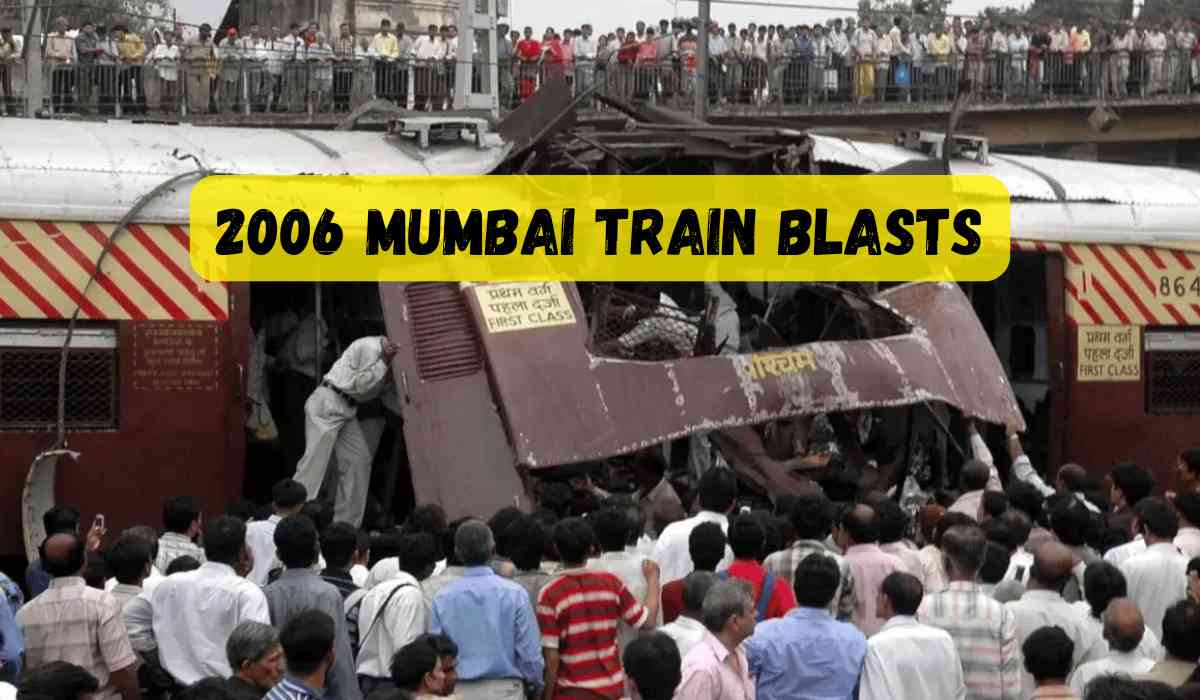In a judgment that has sent ripples across India's legal and judicial landscape, the Bombay High Court has acquitted all 12 individuals convicted in the 2006 Mumbai train bombings, nearly two decades after the devastating attacks that killed 189 people and injured over 800.
This stunning reversal by the court comes after years of legal wrangling, appeals, and widespread debate about the integrity of the initial investigations and trial. The High Court's decision, delivered by a special bench of Justices Anil Kilor and Shyam Chandak, declared that the prosecution had "utterly failed to prove the case" against the accused, casting a shadow over one of the country’s most high-profile terror investigations.
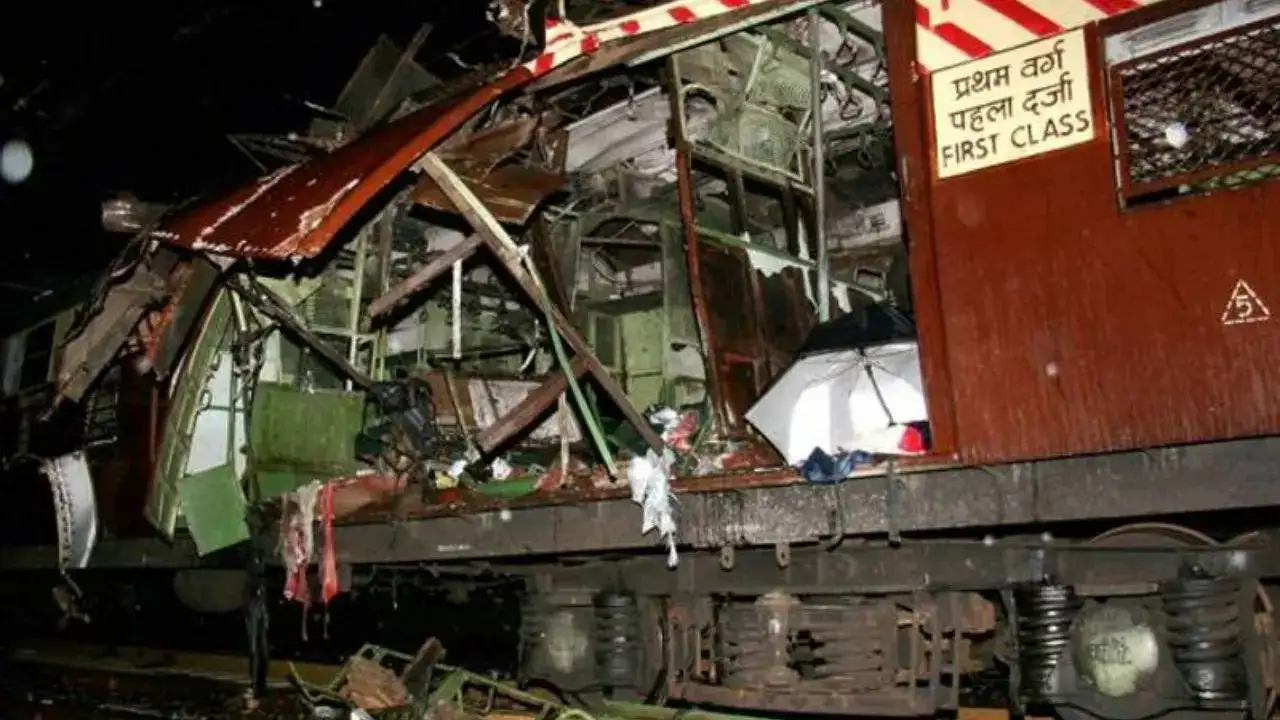
What Happened on July 11, 2006?
On the evening of July 11, 2006, Mumbai’s bustling suburban train network was rocked by 7 synchronised bomb blasts within just 11 minutes, between 6:24 PM and 6:35 PM, during peak office rush hour. Pressure cookers packed with explosives were planted in first-class compartments of trains running on the Western Line of the Mumbai Suburban Railway.
The deadly explosions occurred at or near the stations of Matunga Road, Mahim Junction, Bandra, Khar Road, Jogeshwari, Bhayandar, and Borivali. The chaos and carnage resulted in 189 fatalities and over 800 injuries, leaving the city stunned and the nation in mourning.
2015 Trial Court Verdict: Death and Life Sentences
In September 2015, after nearly a decade of investigation and trial under the stringent Maharashtra Control of Organised Crime Act (MCOCA), a special court convicted 12 men.
Death Sentences:
-
Kamal Ansari (Bihar)
-
Mohammad Faisal Ataur Rahman Shaikh (Mumbai)
-
Ehtesham Qutubuddin Siddiqui (Thane)
-
Naveed Hussain Khan (Secunderabad)
-
Asif Khan (Jalgaon, Maharashtra)
These men were found guilty of directly planting the bombs.
Life Imprisonment:
-
Tanveer Ahmed Mohammed Ibrahim Ansari
-
Mohammed Majid Mohammed Shafi
-
Shaikh Mohammed Ali Alam Shaikh
-
Mohammed Sajid Margub Ansari
-
Muzammil Ataur Rahman Shaikh
-
Suhail Mehmood Shaikh
-
Zameer Ahmed Latiur Rehman Shaikh
One additional accused, Wahid Shaikh, was acquitted in 2015 after spending nine years in jail. Despite these convictions, questions remained about the nature and reliability of the evidence.
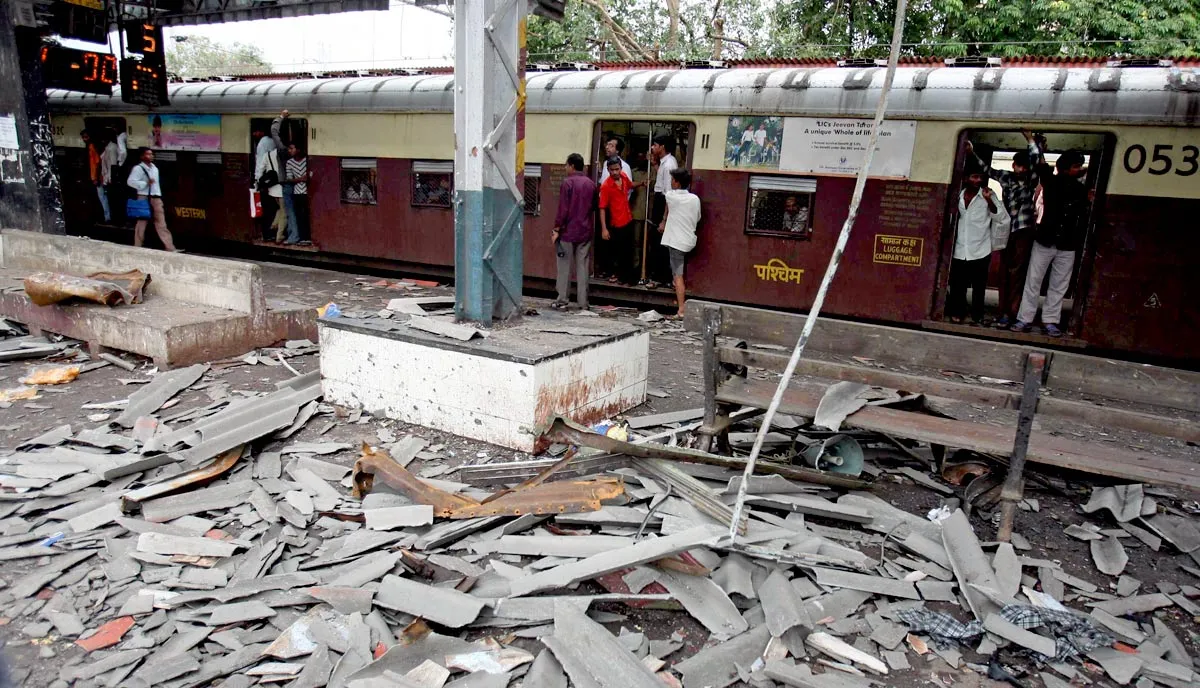
High Court Acquittal: A Legal Earthquake
On July 21, 2025, the Bombay High Court reversed the trial court’s verdict, acquitting all 12 accused. The justices categorically stated that the evidence presented by the prosecution was neither credible nor sufficient to sustain convictions.
“The prosecution has utterly failed to prove the case against the accused. It is hard to believe that the accused committed the crime. Hence, their conviction is quashed and set aside,” the bench observed.
This decision follows months of regular hearings since July 2024, when a special bench was constituted to expedite the appeals and confirmation of death sentences.
Why Did the High Court Overturn the Convictions?
1. Failure to Establish Type of Explosive Used
The prosecution could not identify what kind of bomb or explosive material was used, a critical flaw in any terrorism-related case.
2. Questionable Confessional Statements
The confessions of the accused, which were central to the trial court's decision, were ruled inadmissible. These were recorded only after MCOCA was invoked—allowing use of confessions to police—but the High Court found these were obtained through torture and coercion, violating due process.
“Within days of recording the confessions, the accused complained of coercion and torture,” the defense stated.
3. Witness Reliability Challenged
-
Many witnesses claimed to identify the accused years after the event, which the court called “very abnormal.”
-
Some were termed "stock witnesses", with similar statements across multiple unrelated cases.
-
A key witness who claimed to see bombs being assembled remained silent for 100 days, was initially a suspect, and changed their statement multiple times.
4. Flawed Identification Parade
The identification parades, essential for confirming involvement of suspects, were dismissed due to lack of proper oversight and procedural irregularities.
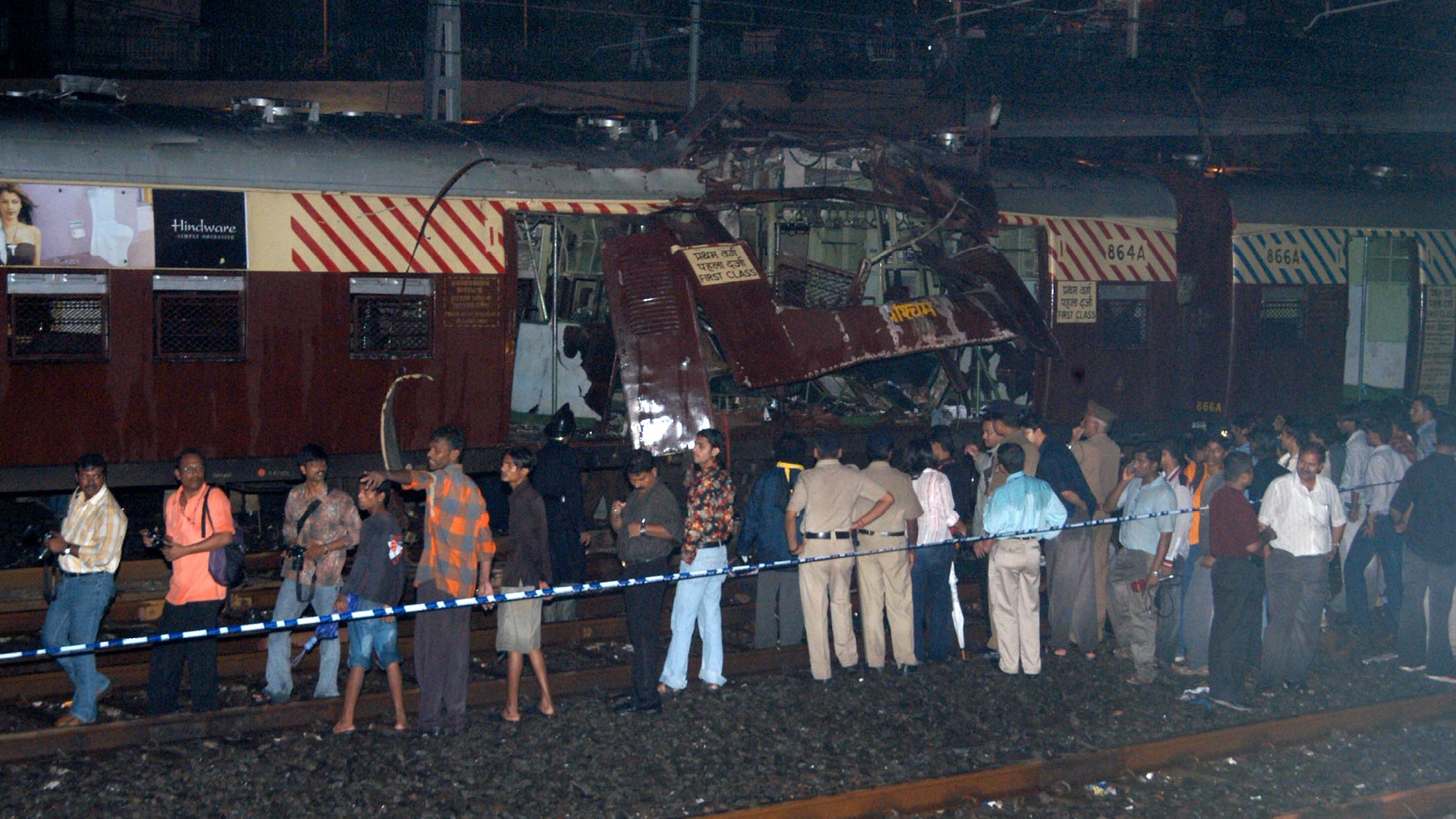
The Human Cost: 18 Years Behind Bars
The defense highlighted that the accused were falsely implicated and had languished in jail for 18 to 19 years, during which many lost their youth, families, and careers.
One of the convicts, Ansari, died in Nagpur prison in 2021 due to Covid-19, never seeing the day of acquittal.
In a poignant moment during the hearing, Naveed Hussain Khan, one of the accused sentenced to death, spoke directly to the court via video from Nagpur Central Jail:
“I did not even know these people except one. I suffered for 19 years needlessly. People lost their lives, but innocents can’t be hanged either.”
Legal and Public Reactions
Defense Counsel Response
The legal team, led by prominent lawyers including Yug Chaudhry, Nitya Ramakrishnan, S. Nagamuthu, and S. Muralidhar, hailed the verdict as a victory for justice and a milestone in restoring faith in the judiciary.
“This judgment will go a long way in restoring faith of the people in the judiciary,” said Advocate Ramakrishnan.
Prosecution Reaction
Special Public Prosecutor Raja Thakare, who argued both the trial and appeal, respected the judgment but maintained that the evidence had been compelling.
“We are grateful for the opportunity. This judgment will be a landmark and a guiding torch for all,” he said.
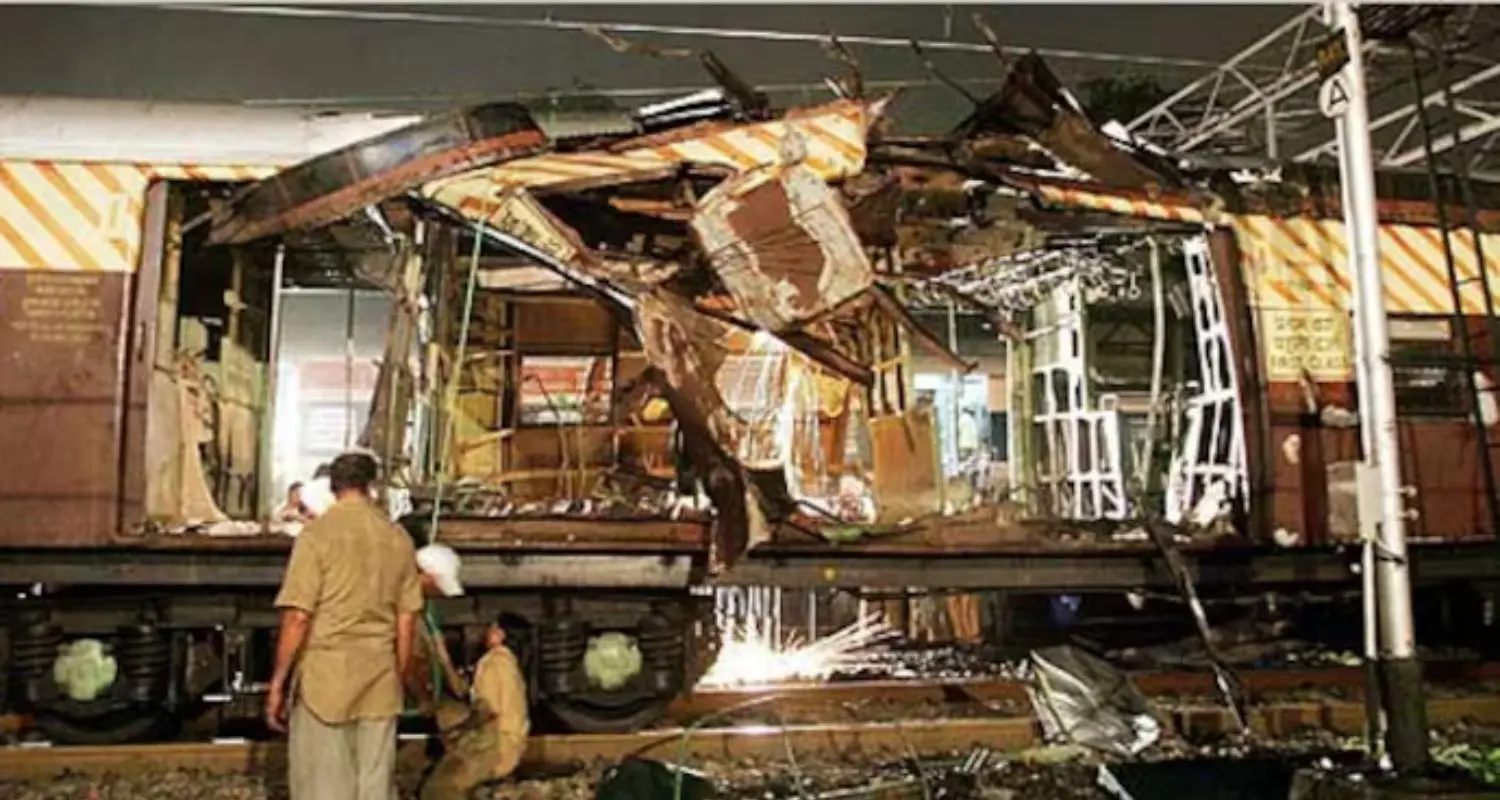
Looking Ahead: A Landmark Judgment
The High Court's ruling is expected to span over 500 pages, reflecting the complexity and sensitivity of the case. It not only overturns one of the most high-profile terrorism convictions in India but also sets a powerful precedent on the standards of evidence, admissibility of confessions, and the protection of individual rights under anti-terror laws.
While justice is finally being served to the acquitted, the pain of the victims’ families remains fresh. This acquittal does not mean justice for those who lost their lives has been achieved—it merely signifies that the wrong individuals were held accountable.
As India continues to grapple with balancing national security and human rights, this case is a stark reminder of the consequences of investigative lapses and legal shortcuts.
The 2006 Mumbai train blasts shook the soul of the nation. Today, nearly two decades later, the Bombay High Court’s verdict shakes the foundations of how justice was served in its aftermath. The acquittal of all 12 accused—once labelled "merchants of death"—reveals a troubling narrative of false implication, procedural lapses, and wrongful incarceration.
Whether this will trigger fresh investigations or systemic reforms remains to be seen. But what is clear is that the judiciary has delivered a bold message: Justice delayed must not also be justice denied—or wrongly delivered.
With inputs from agencies
Image Source: Multiple agencies
© Copyright 2025. All Rights Reserved Powered by Vygr Media.

